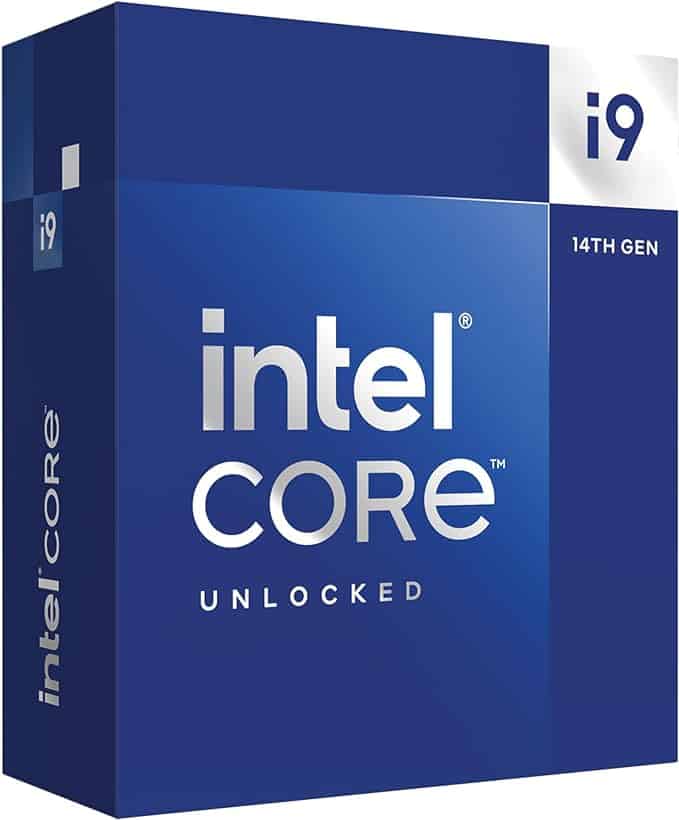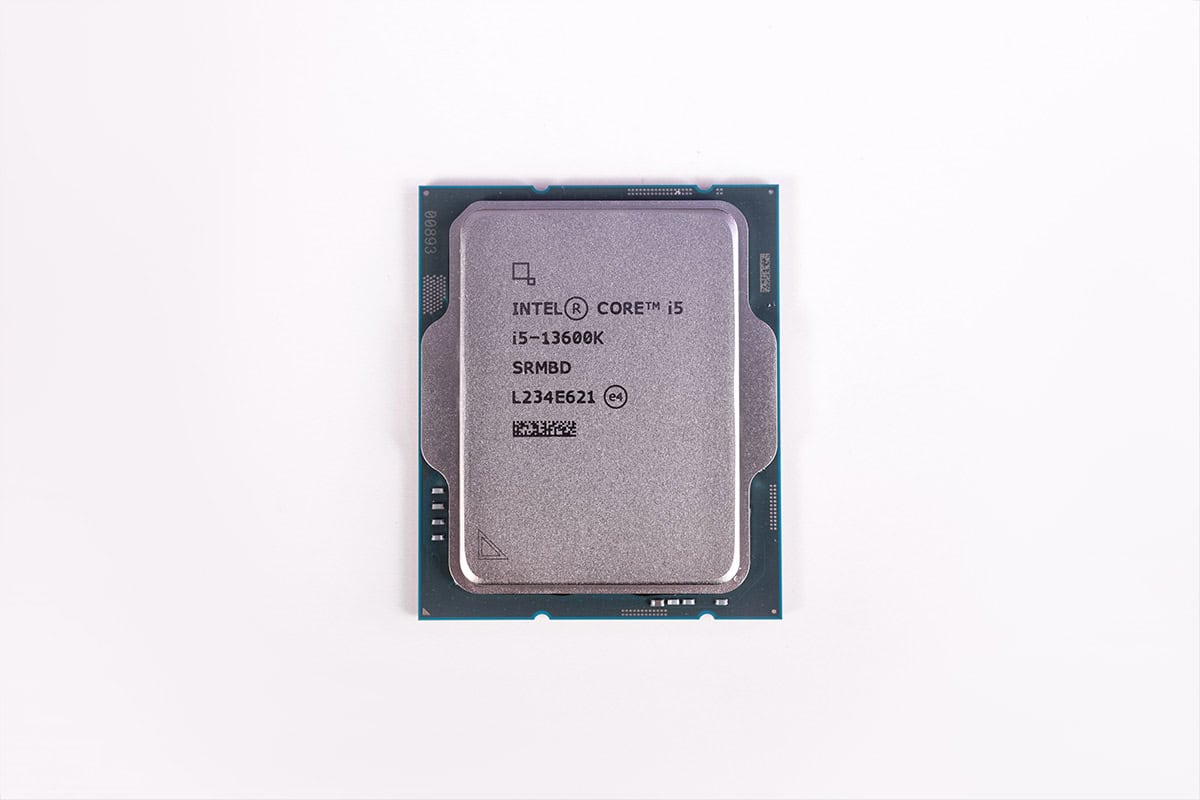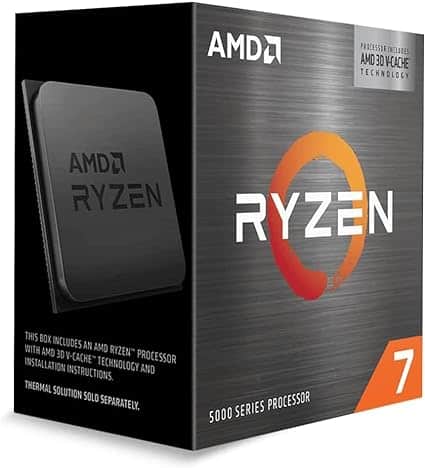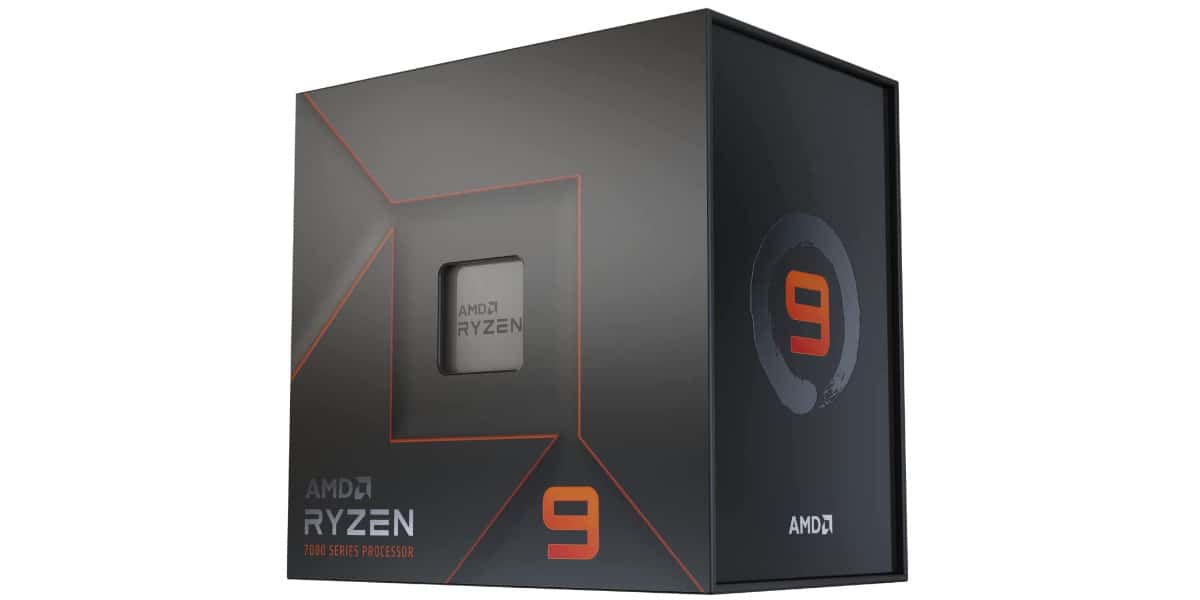Ryzen 9 5900XT Vs Ryzen 9 5950X – Did we really need this CPU?
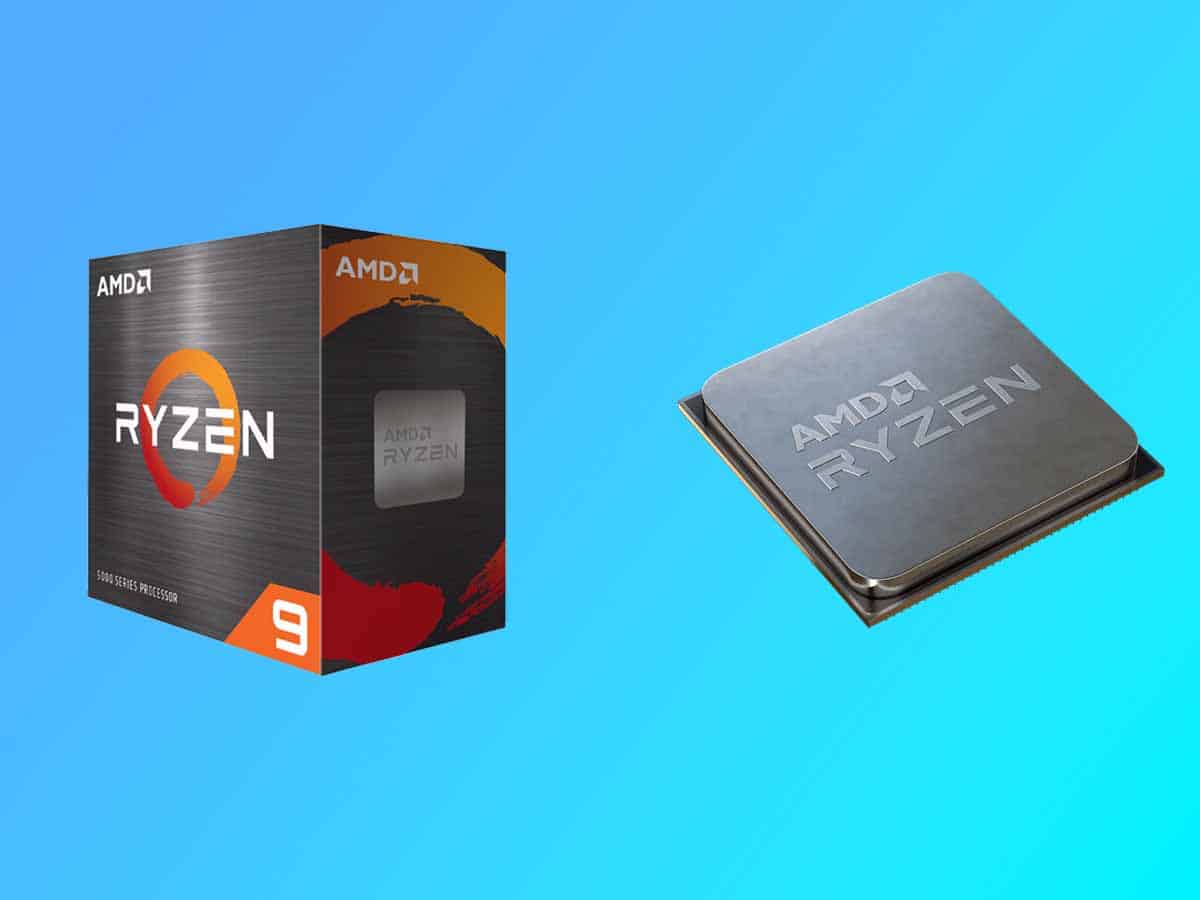
Table of Contents
AMD is gearing up to release its Ryzen 9000 series CPUs, which were delayed because they didn’t meet quality expectations. However, the accompanying AM4 processors did, and you can now purchase the Ryzen 9 5900XT. Talk about keeping AM4 in support. AMD has gone above and beyond what we assumed would just be consistent updates. Who’d have thought that we’d be getting new Zen 3 CPUs in 2025? Not us.
There aren’t any generational tricks here; both CPUs are on the Zen 3 platform, so it’s pretty much an apples-to-apples comparison. Or is it? Both CPUs have very similar specifications, so it’s going to be a close shave. As far as we know, there have no adjustments been made to the new CPUs that will give a specific advantage over the older CPUs.
Prime Day is finally here! Find all the biggest tech and PC deals below.
- Sapphire 11348-03-20G Pulse AMD Radeon™ RX 9070 XT Was $779 Now $739
- AMD Ryzen 7 7800X3D 8-Core, 16-Thread Desktop Processor Was $449 Now $341
- ASUS RTX™ 5060 OC Edition Graphics Card Was $379 Now $339
- LG 77-Inch Class OLED evo AI 4K C5 Series Smart TV Was $3,696 Now $2,796
- Intel® Core™ i7-14700K New Gaming Desktop Was $320.99 Now $274
- Lexar 2TB NM1090 w/HeatSink SSD PCIe Gen5x4 NVMe M.2 Was $281.97 Now $214.98
- Apple Watch Series 10 GPS + Cellular 42mm case Smartwatch Was $499.99 Now $379.99
- ASUS ROG Strix G16 (2025) 16" FHD, RTX 5060 gaming laptop Was $1,499.99 Now $1,274.99
- Apple iPad mini (A17 Pro): Apple Intelligence Was $499.99 Now $379.99
*Prices and savings subject to change. Click through to get the current prices.
If news of AMD announcing the release date of the Ryzen 9000 series has you in a pre-ordering mood, you can check out our where to buy page on the 5900XT. There, we have outlined all the retailers that we expect to be running pre-orders, so use this to keep an eye on the situation and secure your 5900XT on day one.
AMD Ryzen 9 5900XT
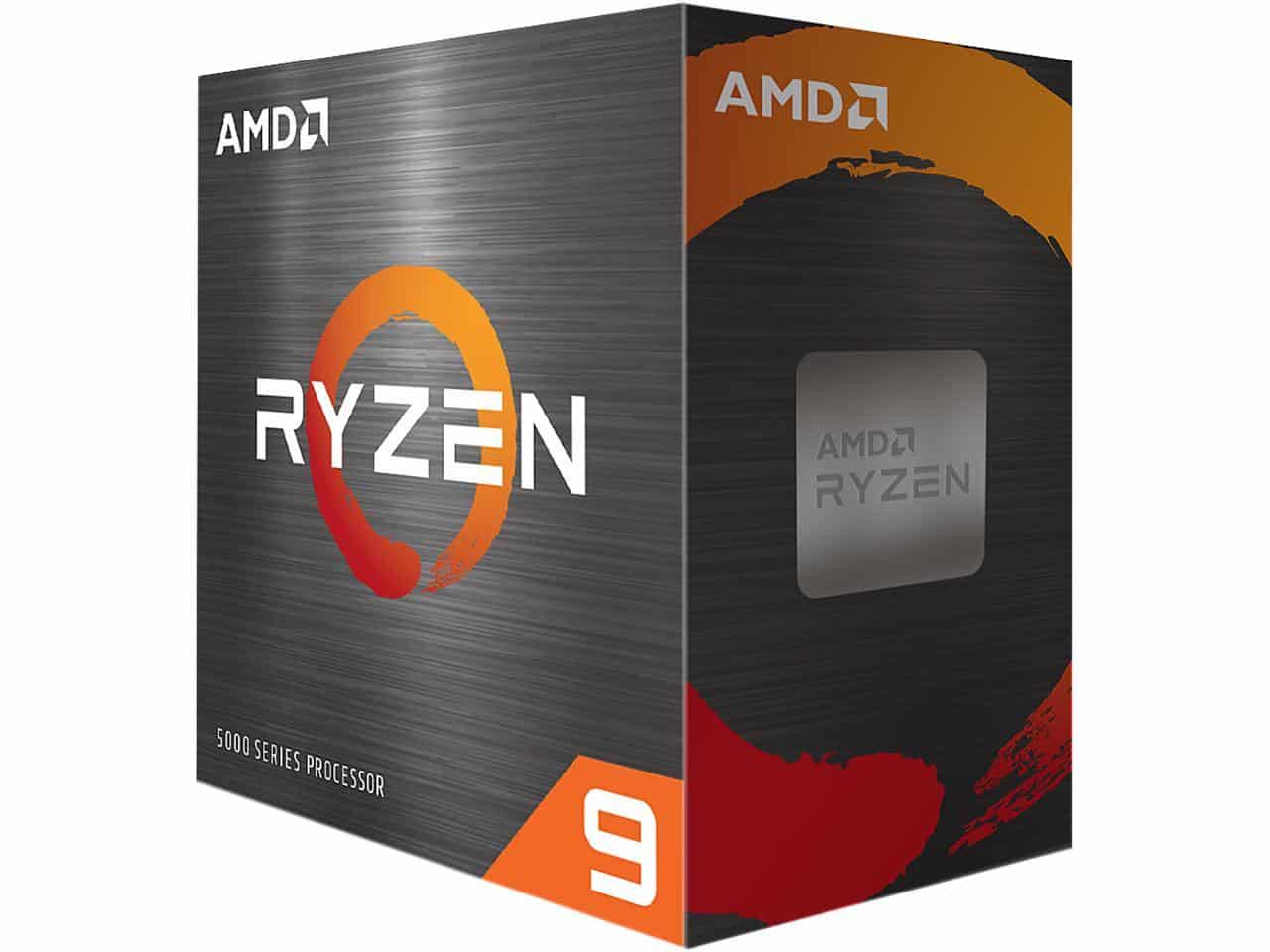
Cores
16
Threads
32
Boost clock speed
4.8 GHz
Base clock speed
3.3 GHz
L3 Cache
64 MB
TDP
105W
Platform
AMD Socket AM4
Shop on Amazon
CHECK PRICEAMD Ryzen 9 5950X
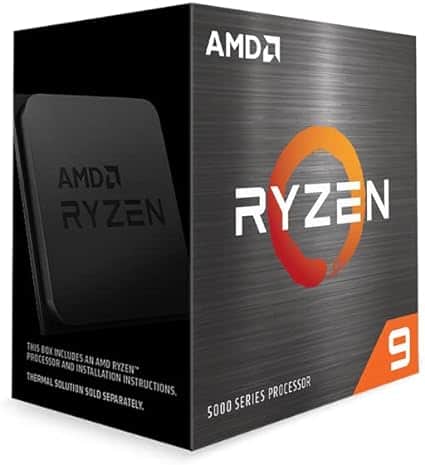
Cores
16
Threads
32
Base clock speed
3.4 GHz
Boost clock speed
4.9 GHz
L3 Cache
64 MB
TDP
105 W
Platform
AMD Socket AM4
Shop on Amazon
CHECK PRICESpecifications
There are no generational differences between the 5900XT and the 5950X, as far as we know, there have been no tweaks made to the Zen 3 cores in the 5900XT. They are just standard, run-of-the-mill 5000 series cores. But with that out of the way, the CPUs are pretty damn similar on paper.
| Specification | Ryzen 9 5900XT | Ryzen 9 5950X |
|---|---|---|
| Cores | 16 | 16 |
| Threads | 32 | 32 |
| Base Clock | 3.3GHz | 3.4GHz |
| Boost Clock | up to 4.8GHz | up to 4.9GHz (XFR: 5.05GHz) |
| L3 Cache | 64MB (shared) | 64MB (shared) |
| TDP | 105W | 105W |
| PPT | 142W | 142W |
| Socket | AM4 | AM4 |
| Core architecture | Zen 3 | Zen 3 |
Both of the CPUs belong to Zen 3, which means they are both based on the same 7nm architecture, this should indicate a level playing field, and allow us to assume the cores in each are the same.

Cores and threads
The Ryzen 9 5900XT has the same number of cores and threads as the 5950X does, as it sits between the 5950X and the 5900X, but it’s more akin to the former. The only real difference we can see is the slightly slower base and boost speed, but we’ll get to that. The Zen 3 cores active in both CPUs were revolutionary at the time, but now that Zen 5 metrics are coming out, they are starting to show their age.
It’s 16 cores vs 16 cores, and the same cores at that, so it comes down to price, will the 5900XT be competitive next to the CPUs that were released 4 years ago?
Core speed
The only difference between these two CPUs in terms of clock speed, is the 100MHz advantage the 5950X has over the 5900XT. The cores are comprised of the same stuff, the same architecture, same number of transistors, the only difference is that those cores cycle 100MHz faster.
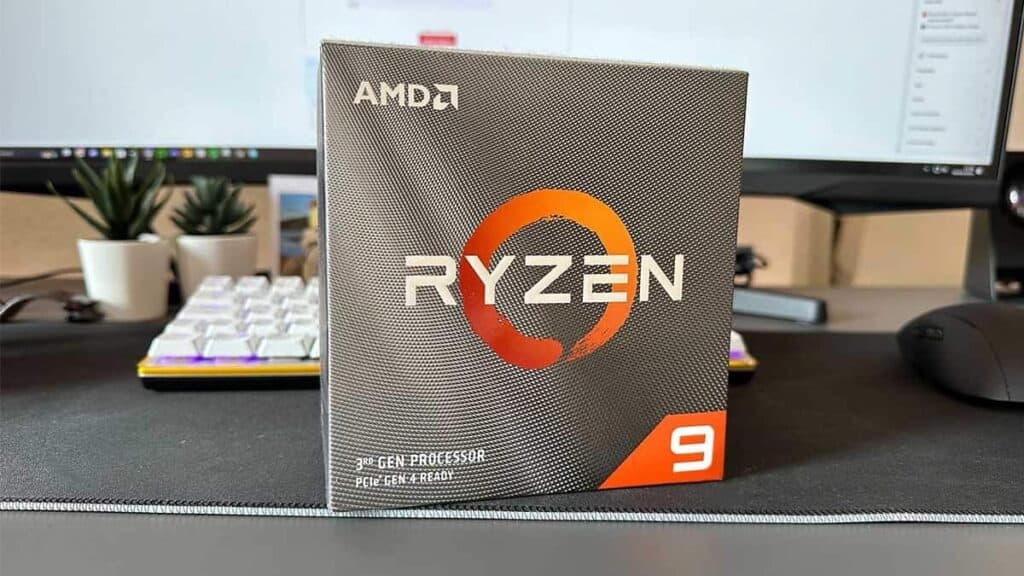
This refers to the CPU cycle, sometimes known as the fetch, decode, and execute cycle, which refers to the repetitive set of instructions a CPU follows that comprises a full cycle. And this happens billions of times per second per core in modern CPUs. So because the cores in the 5950X are cycling faster, it’s technically a better processor. Because it can process information slightly faster.
Cache
The cache in these two CPUs is also the same, assuming AMD hasn’t put the cache in the 5900XT through any revisions. It makes sense that they both have the same amount of L3 cache, as they both share the same core count. The reason CPUs need cache is it’s far faster to call on cache memory for information than it is to call on system memory.
TDP and PPT
Again, feeling like a parrot, but both of the CPUs we’re looking at today have the same TDP and PPT. If we wanted to be pedantic, we’d say the more efficient CPU was technically the 5950X, as it managed to squeeze an extra 100MHz clock speed out for the same TDP.
TDP is just the maximum amount of thermal energy the CPU can produce under normal operating conditions. On the other hand, you have PPT, this is the maximum amount of power the motherboard will allow through the voltage rails into the CPU.
Launch price of the 5900XT and its predecessors
The Ryzen 9 5900XT has launched with a price tag of $349, which is baffling, seeing as it is a refresh of the 5900X, which, according to camelcamelcamel, you can get for $262.56. However, we’ll see the difference between price its price and its older siblings.
We obviously know how much the 5950X retailed for back in the day—a massive $799. Nowadays, it’s much cheaper, thank God. You can find the 7950X chilling for a cool $290 if you know where to look. The Ryzen 9 5900X was released at $549, and while it might make the price of the 5900XT look okay, we need to remember that it’s a CPU based on a two-generation old architecture.
How do these CPUs compare to the 9000 series?
These Ryzen 5000 series CPUs are built on the Zen 3 architecture which was a technical marvel at the time of release, but when you compare it to Zen 5, it starts to show its age.
Zen 5 offers a 16% IPC uplift over Zen 4, and Zen 4 offers a further 14% over Zen 3, just that alone should tell you how much more powerful the 9000 series is. Because Zen 5 is built on the 4nm process and Zen 3 is built upon the 7nm process the transistors are much smaller, allowing each core to pack more of a punch per cycle. What that translates to, is a much faster CPU.
IPC relies on transistor size, and when you can put more transistors into the same size package, you get something that’s more dense, the Ryzen 9000 series is more dense with computing power. This also allows the CPUs to be more efficient, and offer a lower TDP, making them easier to cool.
Alternatives to the 5900X and the 5950X
If you want the best of the best, and your budget permits you to go all the way, the 14900K can be found for a very reasonable price these days. Alternatively, if you want to stay on the AM5 platform and have a flair for gaming, the 5800X3D might appeal more to you. Bear in mind, though, that Intel and AMD CPUs have different motherboard and memory requirements. Always check compatibility before you commit.
-
Intel Core i9-14900K
- Cores: 24 (8P-16E)
- Threads: 32
- Boost clock speed : P-Core 5.8GHz / E-Core 4.4GHz
- Base clock speed: P-Core 3.2GHz / E-Core 2.4GHz
- L3 Cache: 36 MB
- TDP: 253W
-
Intel Core i5-13600K
- Cores: 14 (6P-8E)
- Threads: 20
- Boost speed : P-Core 5.1GHz / E-Core 3.5GHz
- Base speed: P-Core 3.5GHz / E-Core 2.6GHz
- L3 Cache: 24MB
- TDP: 181W
-
AMD Ryzen 7 5800X3D
- Cores: 8
- Threads: 16
- Boost speed : Up to 4.5 GHz
- Base speed: 3.4 GHz
- L3 Cache: 96 MB
- TDP: 105W
-
AMD Ryzen 9 7900X
- Cores: 12
- Threads : 24
- Boost clock speed: 5.6 GHz
- Base clock speed: 4.7 GHz
- L3 Cache: 64 MB
- TDP: 170 W
Which CPU is best for you?
The Ryzen 5900XT and the 5950X are pretty evenly matched, and you have to get incredibly nitpicky to find any kind of dissimilarity between the two, the slight variation in clock speed supposedly gives the 5950X an edge in single-core workloads, and by extension multi-core too. The essence is that these CPUs are very similar and it will all come down to price and availability.
If you have your hearts set on AM4, then either of these CPUs will serve you well and it doesn’t matter which one you choose, funnily enough. AMD is keeping AM4 alive and well with these new CPU additions, and I understand that it’s to save waste, but are they needed? My feelings are you might as well have slapped a 5950X sticker on the 5900XT and called it a day.
AM4 will likely remain in support for the next year, or maybe longer, it’s up to you whether you want to invest in a platform that’s already been superseded. Or whether or not you should save up for AM5, which will be supported until 2027.
I asked fellow PC Guide experts Sebastian and Ussamah, Here’s what they had to say on the subject:
AMD is still keeping AM4 alive and kicking and is releasing even more CPUs on it. but these sit in a weird middle ground of still being on the same platform but without really bringing any big improvements. So when comparing the 5950X vs 5900XT there isn’t too much difference between them.
Running the same number of cores, and on the same process, with a lower turbo clock it seems like an unnecessary release. The only reason might be to use up any broken chips that don’t end up in landfill. But it also should come out with a lower price, so it is a potential upgrade for those on older AM4 hardware but not something for brand new or Zen 3 builds.
Sebastian Kozlowski
If you were hyped about the announcement of the new AM4 XT CPUs, it'd be better to hold your horses as they look like a cash grab than anything else. While AMD supporting the aging AM4 socket is a great gesture, releasing the same processors with a different name isn't the way to go about it.
The 5900XT has almost the same specifications as the 5950X, with the exception of 0.1 GHz slower boost and base clock speeds. So, there is no reason to choose a 5900XT over the 5950X if you're upgrading to the AM4 platform. If you're already running a 5950X, we recommend making the jump to the AM5 CPUs, as that is a big difference in performance and efficiency, one that you can feel.
Ussamah Mehmood




